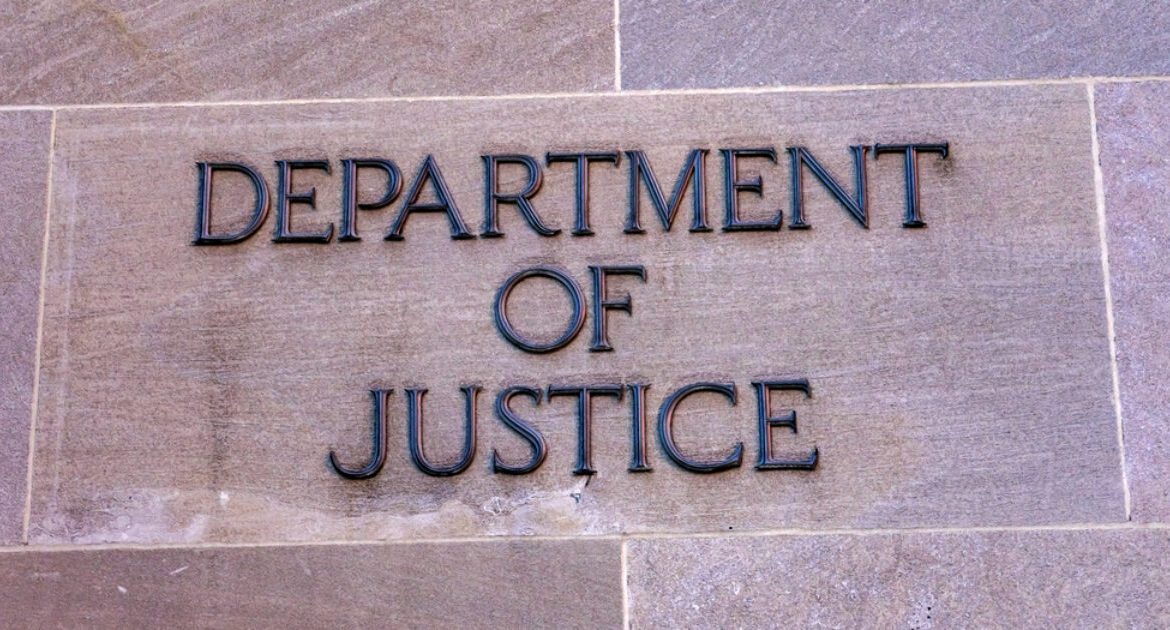
Trump’s DOJ Files Federal Lawsuit Against Small Idaho Town for Targeting Evangelical Church


President Trump’s Department of Justice has filed a federal lawsuit against the far-left leadership of Troy, Idaho, accusing the city of blatantly targeting a Christian congregation simply for trying to worship.
The lawsuit, United States v. City of Troy, is a blistering rebuke of how local officials weaponized zoning codes to shut down Christ Church, a growing evangelical church based in neighboring Moscow, Idaho.
Trump’s DOJ alleges that city leaders engaged in open discrimination, suppressing the church’s right to assemble — while allowing secular organizations to flourish in the same exact zone.
Christ Church, with a congregation too large for its Moscow area, sought to expand into Troy.
They tried renting a former bank building downtown to host Sunday services — a common sense solution given the building had been vacant for over a year and had ample street parking.
But after just two services, the city attorney sent a cease-and-desist order. The message was clear: Churches are not welcome in downtown Troy.
The church followed the law, applied for a Conditional Use Permit (CUP), and faced nothing short of a hostile inquisition.
City officials opened the floodgates to anti-Christian bigotry during the permit hearing. Opponents called Christ Church “a hate group,” accused it of “grotesque” beliefs, and claimed it would “destroy another Idaho town.”
The council then cited these comments — rooted in religious animus — as part of their decision to deny the church the right to worship.
Under Troy’s zoning code, churches are treated as second-class citizens, requiring a special conditional use permit to operate in the very same downtown district where art galleries, community centers, libraries, and even fraternal organizations are allowed to operate without any permit at all.
The lawsuit points out that while bars, movie theaters, and labor union offices are freely welcomed downtown, Christ Church was subjected to a grueling approval process, forced to defend its theology and endure public abuse simply to rent a modest former bank building for Sunday gatherings.
More from DOJ:
The Justice Department filed a lawsuit today in the U.S. District Court for the District of Idaho alleging that the City of Troy, Idaho, violated the Religious Land Use and Institutionalized Persons Act (RLUIPA) when it denied a conditional use permit (CUP) application sought by Christ Church, a small evangelical church.
The lawsuit alleges that Christ Church had outgrown the space where it had been worshipping and was unable to find a space to rent. It then sought a CUP to operate a church in the City’s C-1 zoning district, where nonreligious assembly uses such as clubs, museums, auditoriums, and art galleries were allowed. Local residents vociferously opposed the Church’s CUP application, and many of their written and verbal comments reflected animus against Christ Church’s beliefs. In its denial of the Church’s CUP application, the City cited the fact that the public was “heavily against” it and that the “great majority of the city residents” opposed granting the CUP.
“RLUIPA unequivocally forbids local governments from deciding zoning matters based on their dislike of certain religious groups,” said Assistant Attorney General Harmeet K. Dhillon of the Justice Department’s Civil Rights Division. “The Department of Justice will not hesitate to file suit against jurisdictions that discriminate in land use matters on the basis of the applicants’ religious beliefs.”
The lawsuit alleges that the City’s denial of the CUP imposed a substantial burden on Christ Church and was based on the community’s discriminatory animus against the Church. It also alleges that the City’s zoning code treats religious assembly use worse than nonreligious assembly use. The lawsuit alleges violations of RLUIPA’s substantial burden, equal terms, and discrimination provisions.
RLUIPA is a federal law that guards individuals and religious institutions from unduly burdensome, unequal, or discriminatory land use regulations. More information about RLUIPA and the department’s work can be found on the Place to Worship Initiative’s webpage.
As part of this initiative, the department distributed a letter to state, county, and municipal leaders throughout the country to remind them of their obligations under RLUIPA, including its requirement that land use regulations treat religious assemblies and institutions at least as well as nonreligious assemblies and institutions.
The post Trump’s DOJ Files Federal Lawsuit Against Small Idaho Town for Targeting Evangelical Church appeared first on The Gateway Pundit.
